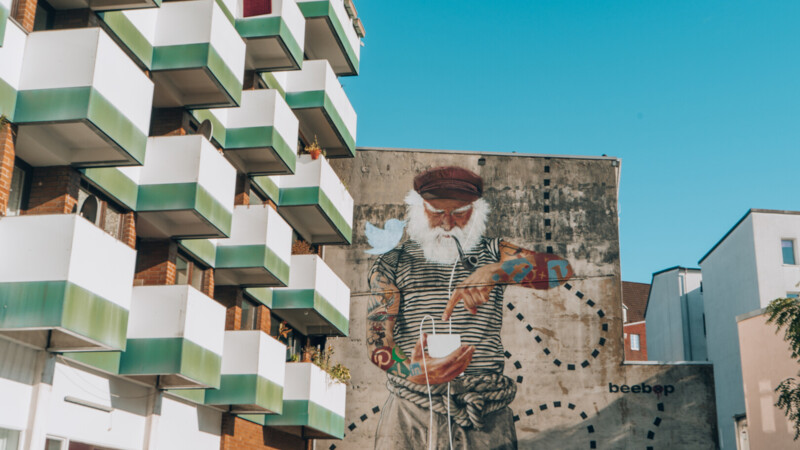More than 15 international keynote speakers in the communication, design and art sectors presented examples of the power of creativity via livestream - in line with this year's motto "Superpower Creativity". The self-confessed humanist Swati Bhattacharya noted: "Brands can only create relevance, if they give hope and enrich people's lives." Bhattacharya was the first woman in India to become Chief Communications Officer at FCB Ulka in 2016. "Campaigns can change mindsets and laws," she pointed out, as evidenced by a campaign against the exclusion of trans women and single women, who are socially disadvantaged in India. Another exemplary preject called "The Open Door" allows public schools there to open their doors in the afternoon to children from poor neighbourhoods and give them an opportunity to improve their education.
The COVID-19 pandemic has revealed the uncomfortable truth of an uncertain future. Yet, this uncertainty actually offers boundless opportunities, according to Pascal Finette, an internet entrepreneur and lecturer at the Silicon Valley think tank, Singularity University. During the recently ended Art Directors Club for Germany (ADC) congress, which ran from May 6-7, Finette called for greater inquisitiveness. "We have to be greedy about learning new things. We should focus on asking smart questions instead of vehemently demanding immediate answers in uncertain situations. Questions open doors to a world that we create ourselves."
Campaigns change mindsets and laws
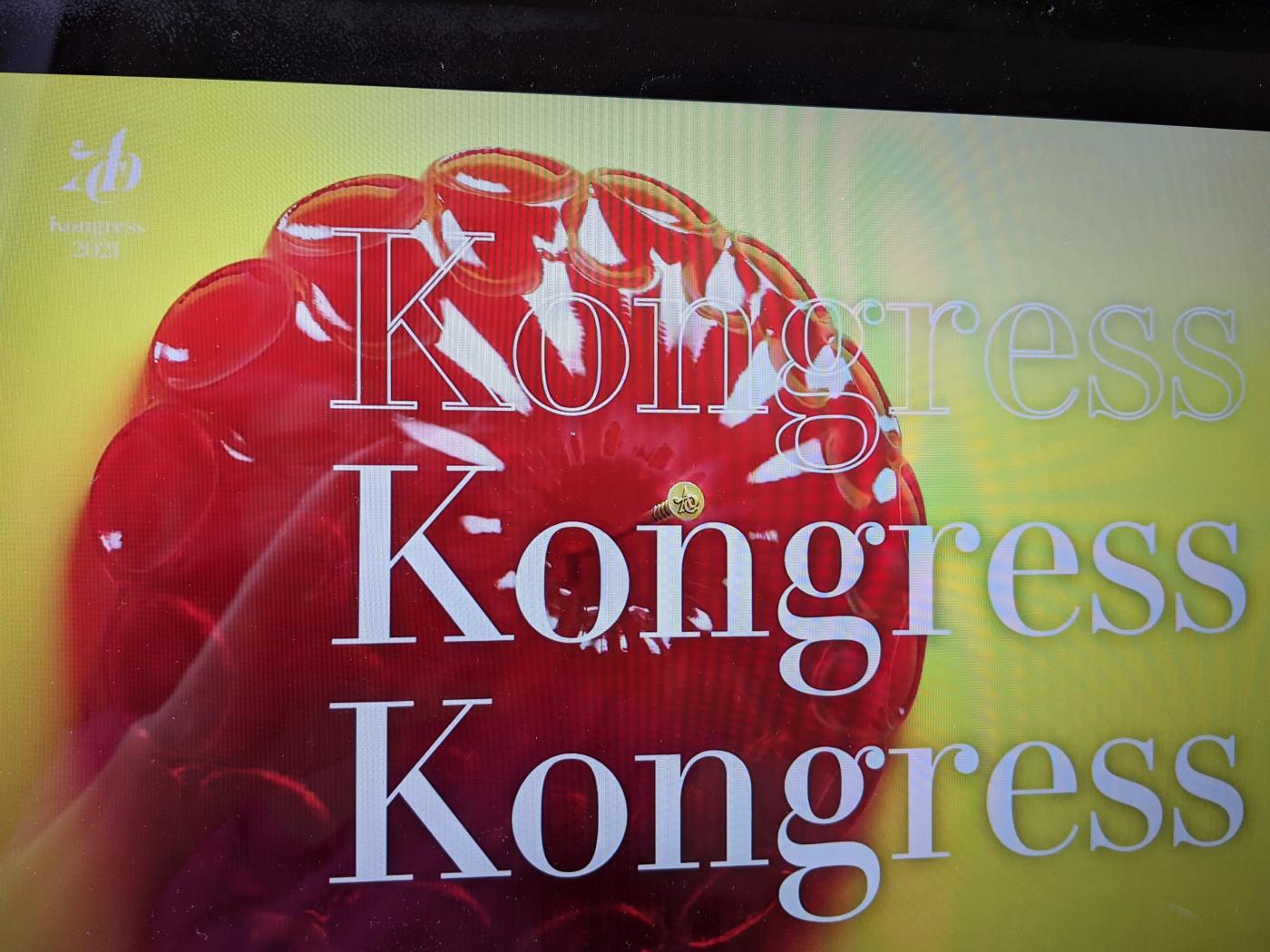
Making people think
Keynote speakers at the congress proved how creativity can break down "mental walls" and achieve concrete change. Madonna Badger, founder of the New York agency Badger & Winters, focuses on real walls or cages and has brandished the forced separation of children from their parents at the Mexican-U.S. border with #nokidsincages campaign. She noted:"Our campaign has attracted a lot of attention and thousands of families have been reunited, but not all of them." I want to make people think, to make them ask themselves: If that were my child - would that be Ok?" Another campaign entitled #WomenNotObjects opposes sexist advertising and work that objectifies women.
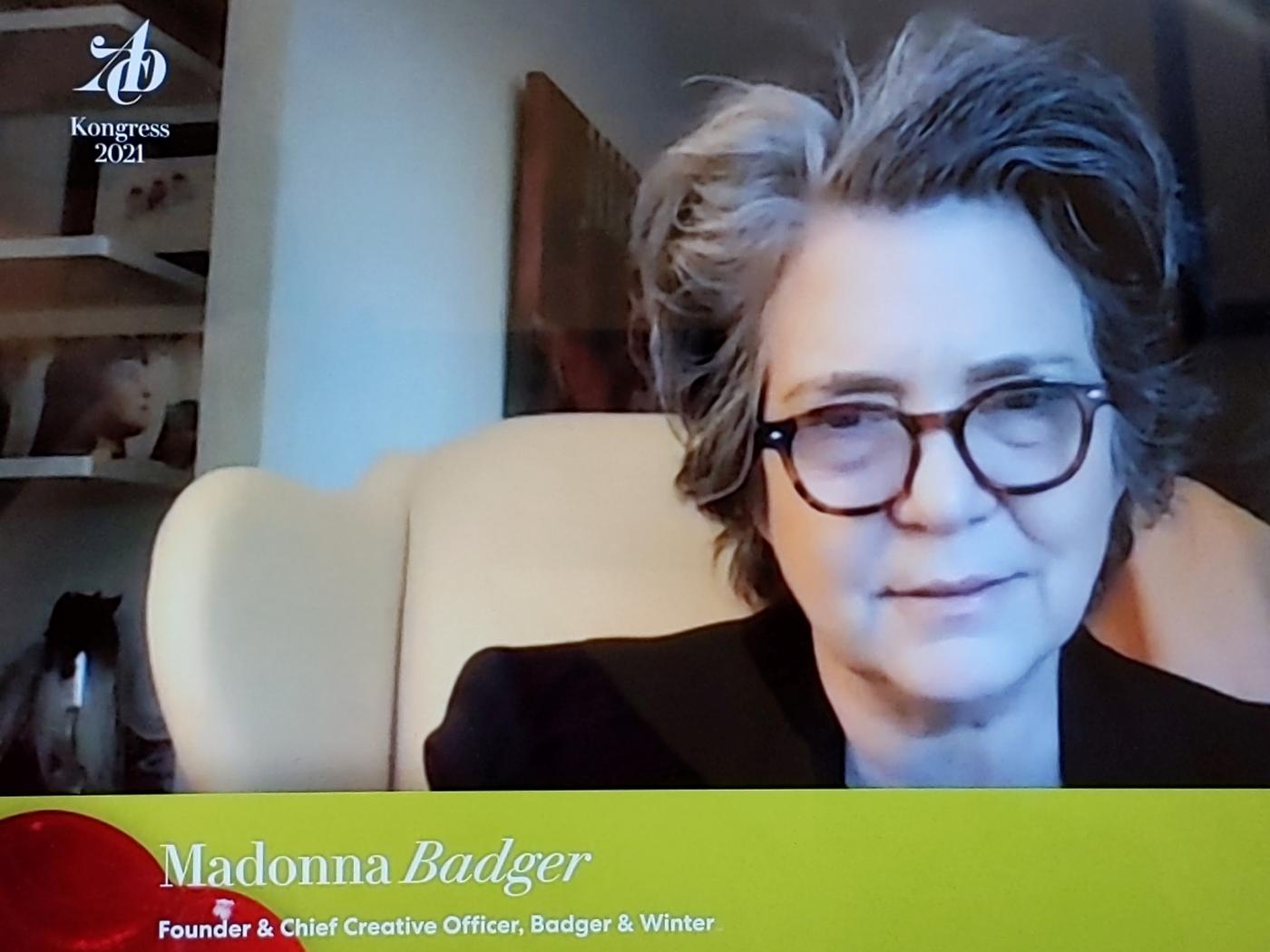
Technology expanding experiences
Creativity can become the key to a new, post-pandemic start, according to those behind the ADC Festival. During the congress, designer and media artist, Björn Beneditz, outlined his ideas for live concerts - when they are permitted, and said: "We have very exciting technical possibilities today, such as the use of mixed reality at concerts. The theatrical performance on an analogue stage is extended into the digital and makes for entirely new experiences." As artistic advisor to and performer with the Hamburg-based hip-hop band Deichkind, Beneditz tries to make every concert an extraordinary experience. "Technology allows us to break down boundaries. Dead people can be brought back to life, e.g., as a hologram and then we can jam with John Lennon on stage." However, the digital will not replace the analogue, said Beneditz. "Everything will always be available, but technology can expand our experience of art."
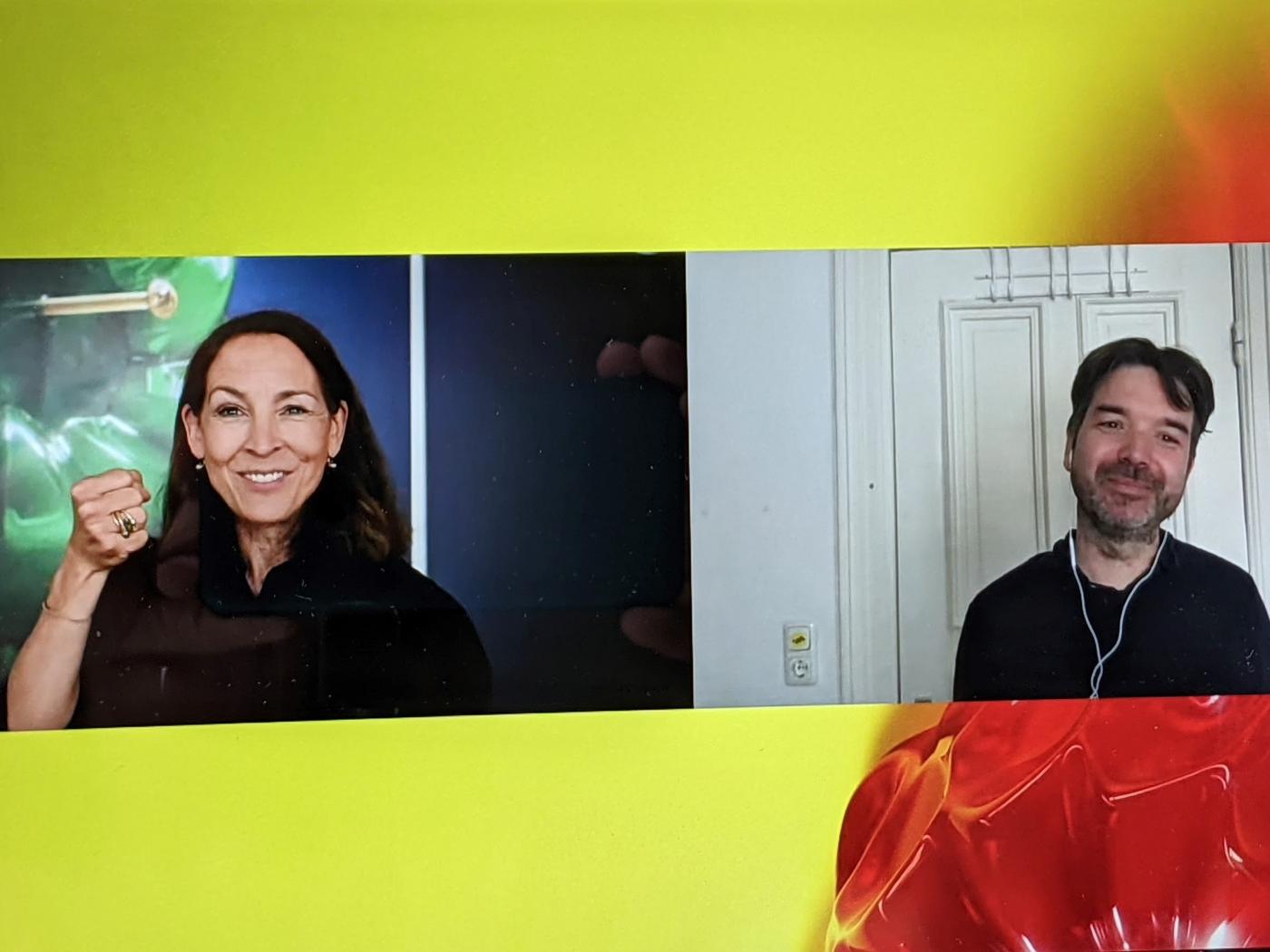
More empathy
Ceativity can help eliminate social ills or broaden people's horizons. But how does creativity, the superpower invoked by ADC, actually work? GMUNK, a digital artist and visionary, seeks inspiration in science fiction - a world in which anything is possible. "Dreams, the subconscious, feelings and the curiosity to pursue them are all valuable sources of creativity," according to GMUNK, whose full name is Bradley G. Munkowitz. If creativity really was a superpower and GMUNK could use it for anything he wanted, what would he change? After a moment, the American explained: "Empathy! I would infect people with empathy so that we understand each other better."
ys/sb/pb
Sources and further information
More
Similar articles
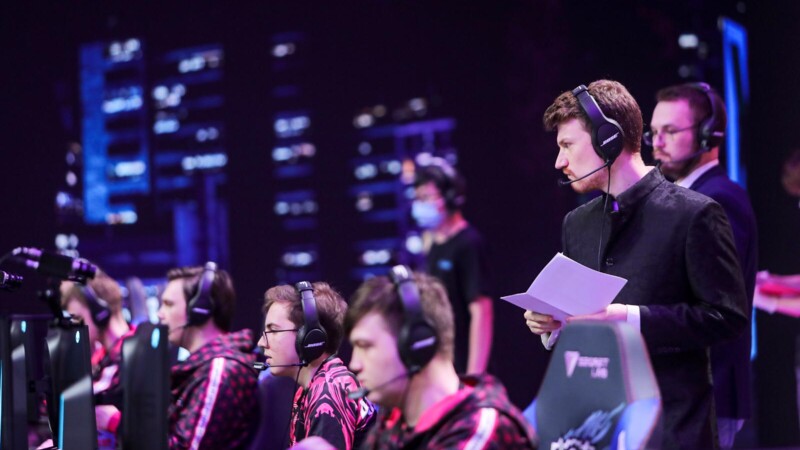
1+1 make more than 2 for Tomislav Karajica
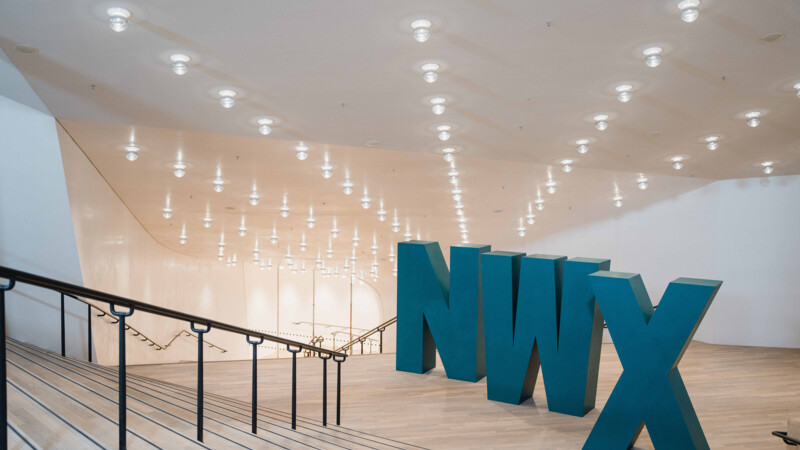
Six theses on future of work
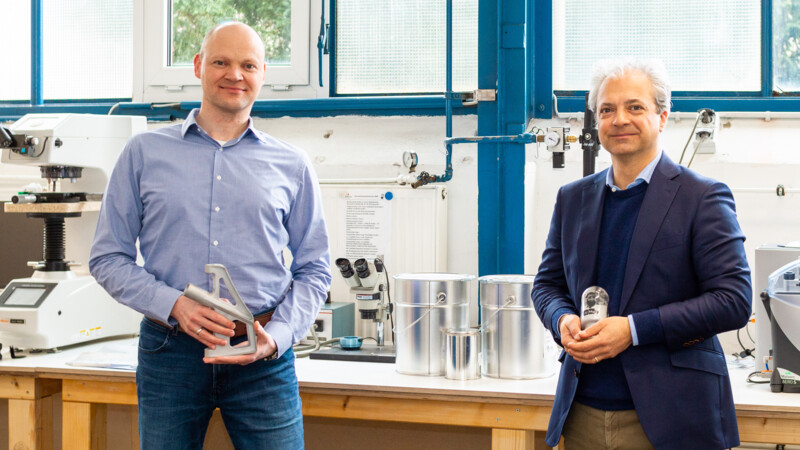
Artificial intelligence now used in 3D printing
